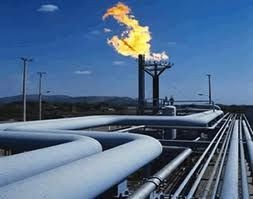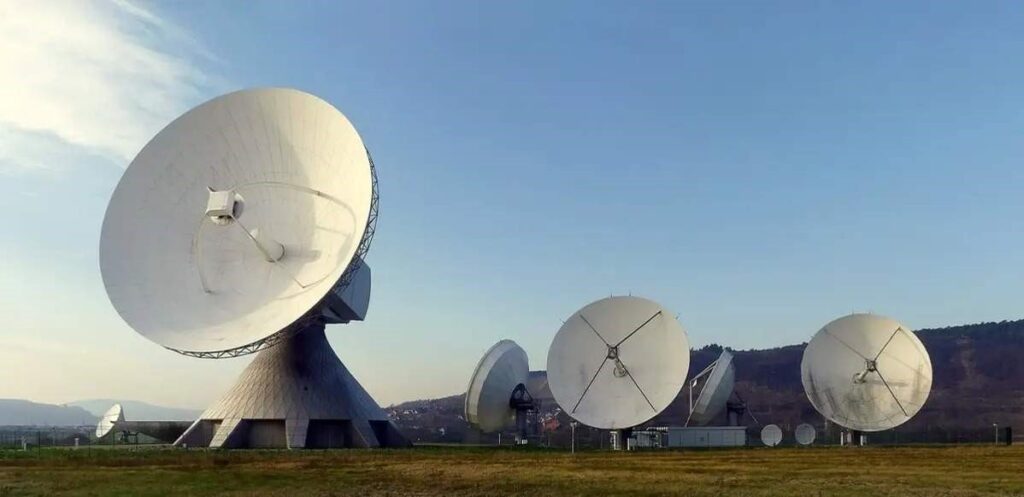EBRD to Tackle Bottlenecks on Major Logistical Hub
To tackle the identified bottlenecks within the Trans-Caspian corridor, the European Bank for Reconstruction and Development (EBRD) announced on December 27th its commitment to providing financial support for the enhancement of modern logistical infrastructure. The bank's loan, amounting to up to U$ 40 million, is intended for Kazakhstan’s principal private rolling stock operator, Eastcomtrans. This support aims to bolster the operator's container handling capacity, specifically targeting one of the busiest junctions near Almaty city, thereby ensuring the continuous operation of its railway fleet. Eastcomtrans, an EBRD client since 2014 and the possessor of 8% of the nation’s total rolling stock, will utilize the allocated funds, available in both US dollars and Kazakh tenge, to further advance its Zhetygen logistical center. The investment will also facilitate the acquisition of approximately 250 new railcars and the maintenance of its existing stock. Located in close proximity to the Chinese border and adjacent to Kazakhstan's largest urban area, this upgraded logistical hub will function as a pivotal point along the Trans-Caspian Corridor. It is poised to enhance the smooth flow of cargo traffic across Kazakhstan. Anticipating a surge in trade volumes, especially in container traffic between Asia and Europe, the hub's development aims to accommodate the escalating demand for freight transit.






